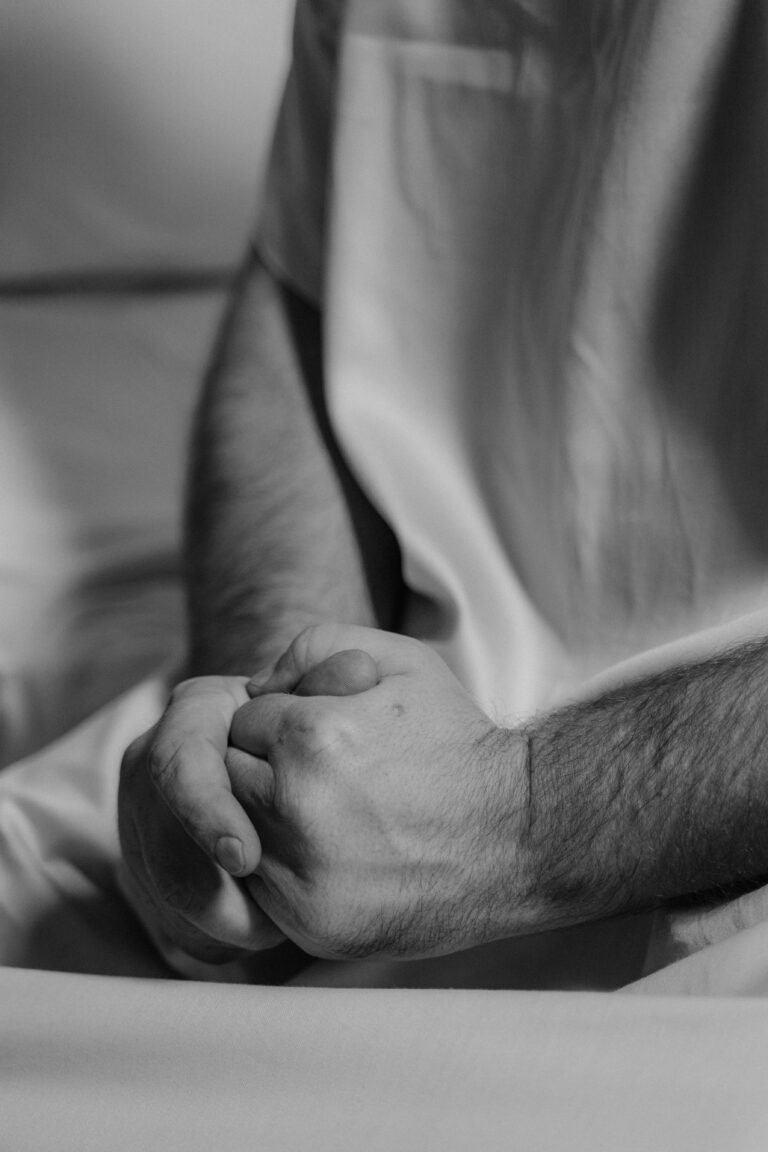Alternative Support Strategies for Prostate Cancer: Beyond Standard Treatments

alternative support strategies for prostate cancer
Prostate cancer treatment often includes surgery, radiation, or hormone therapy, each with its own benefits and side effects. While these conventional approaches are effective, many men seek complementary strategies to enhance recovery, manage side effects, and improve overall well-being.
Prostate cancer is commonly treated with surgery (prostatectomy), which removes the prostate but can lead to urinary incontinence and erectile dysfunction; radiation therapy, which targets cancer cells but may cause fatigue, urinary problems, and bowel changes Many men use complementary therapies in addition to traditional treatments to assist manage these issues and enhance their quality of life and recuperation.
Complementary Approaches for Urinary & Sexual Function
For men dealing with urinary and sexual dysfunction after prostate cancer treatment, complementary therapies can offer relief. By strengthening muscles with specific exercises, pelvic floor treatment enhances sexual function and bladder control. While ginseng and maca root may help restore libido, herbal medicines such as saw palmetto may alleviate urinary symptoms. By encouraging improved blood circulation, acupuncture has also demonstrated potential in treating erectile dysfunction, lowering discomfort, and improving urine flow. When combined with medical interventions, these supportive strategies can help men regain function and enhance their quality of life while they recover. A healthcare professional should always be consulted before beginning any new treatments.
Anti-Inflammatory Diet & Supplements
Prostate health can be supported and the progression of cancer may be slowed with an anti-inflammatory diet high in essential nutrients. Omega-3 fatty acids from fish oil and flaxseeds fight inflammation, while lycopene, which is found in large quantities in tomatoes, may help prevent the growth of tumors. Green tea and turmeric, which are high in antioxidants, may also help prevent the development of cancer by lowering oxidative stress. Although these dietary supplements can support treatment, it's important to speak with a doctor before using them because some may conflict with prescription drugs or other treatments. A natural method to support health both during and after prostate cancer treatment is to include these foods in a balanced diet.
Emotional Health & Support Groups
A prostate cancer diagnosis can take a heavy emotional toll, making mental health support essential. Men's cancer support groups offer a forum for exchanging experiences and useful coping mechanisms, while professional therapy or counseling aids in the management of anxiety and depression. Meditation and other mindfulness exercises can also help people become more emotionally resilient and less stressed. Making mental health a priority through these channels helps men not go through treatment and recovery alone by fostering strength and clarity. In order to overcome prostate cancer, emotional support is equally as important as medical therapy.
Empowering Patients with Integrative Care Plans
Each man's experience with prostate cancer is different. Quality of life can be improved by combining traditional treatments with supportive therapies such emotional support, dietary changes, and pelvic floor exercises. The best results are guaranteed when a customized plan is developed in collaboration with a healthcare team.
Men can actively participate in their recovery by investigating these alternate approaches, which treat both the illness and their general health.












